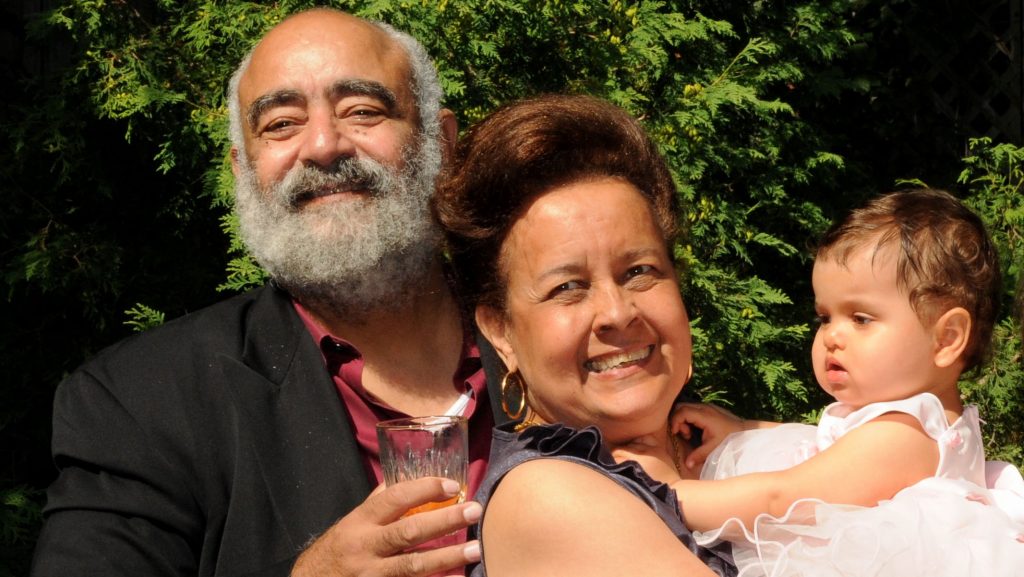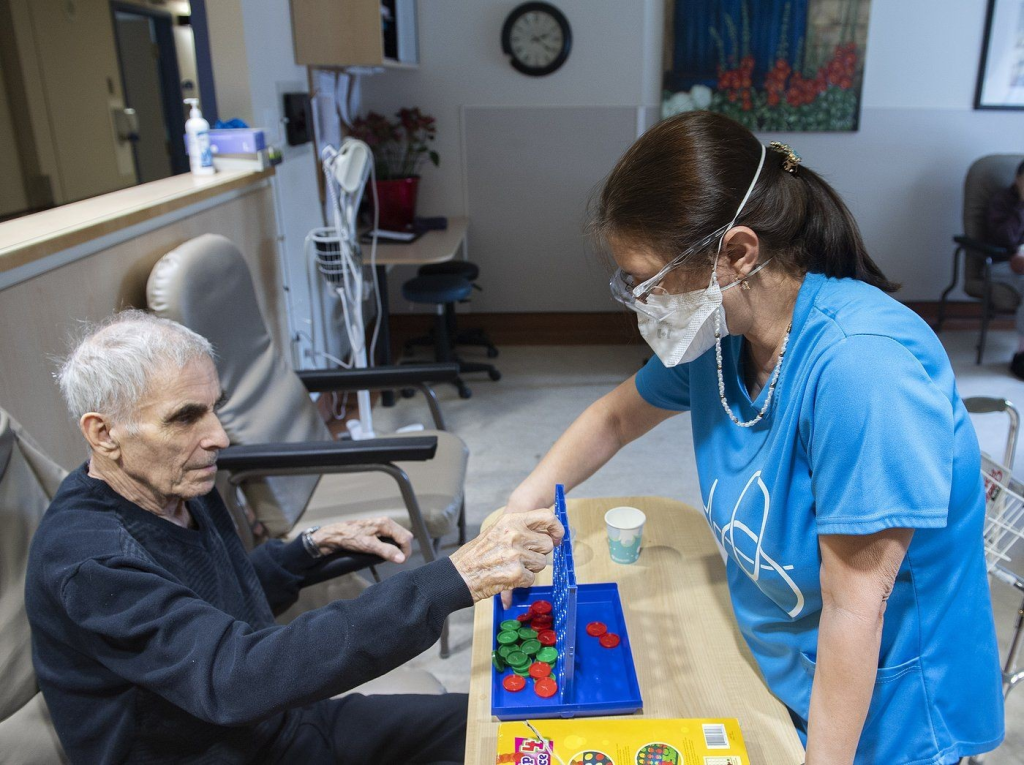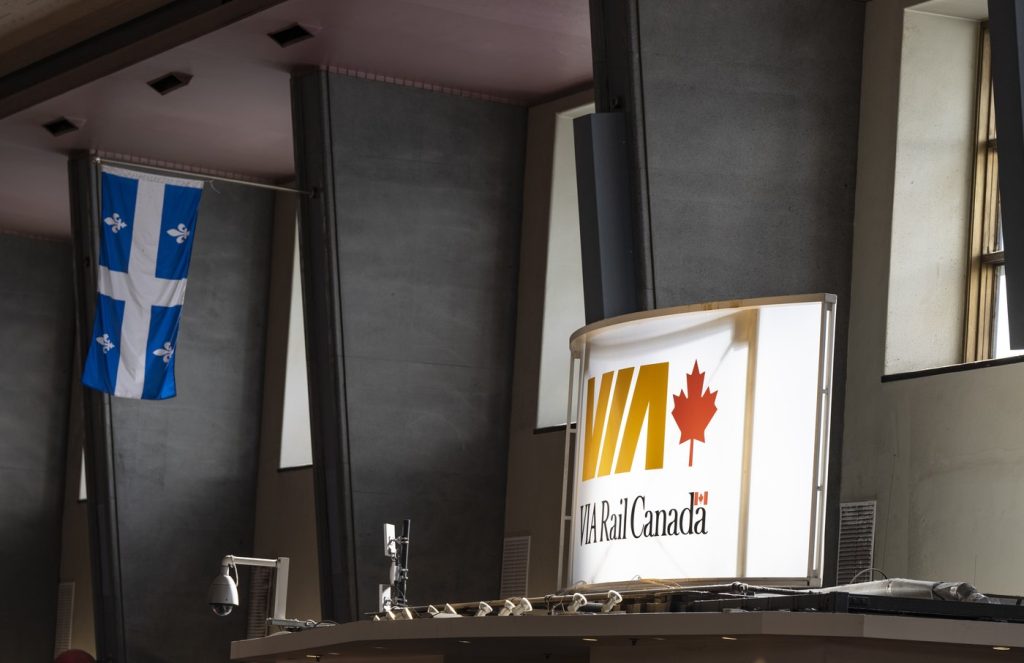Recognizing contributions of Quebec’s Haitian community to health-care system
Posted February 20, 2023 11:45 am.
Last Updated February 20, 2023 7:19 pm.
Some Haitian Montrealers are celebrating their work within Quebec’s health-care system, reminding Quebecers that hospitals benefit from the contributions of the Black community.
During Black History Month, doctors and nurses are highlighting their efforts.
“It’s a moment of reflection for what we bring into that society,” said Maud Pierre-Pierre, the president of the Alliance of Nurses and Auxiliary Nurses of Haitian Origin. “When you face racism thinking you don’t lead or not contribute, which is absolutely false, because this system… would have been a worse if it was not for that particular workforce.
“I know we are very, very active and also in great numbers either at that hospital, nurses, nursing assistant, housekeeping, what they call PAB (Préposé Aux Bénéficiaires), which is orderly and technician.”
Pierre-Pierre says new Haitian immigrants were often thrust onto the workforce. In one example, she recounts, it was almost instant.
“Nurses were skilled nurses that did not need extra credit to enter the workforce,” she said. “Someone told me, ‘when I arrived in the middle of winter, they gave me boots and a coat, and the next day I was working already.
“We started immigrating, contributed a lot of help to the development of the health.”
Pandemic efforts of Black community
Haitian health-care workers in Quebec isn’t new. Their work dates to the 1950s, when the first big waves of immigration to the province began.
“Among them were doctors and engineers and teachers who helped the system,” said Dr. Schiller Castor, an emergency physician and president of the Federation of Haitian Doctors Abroad. “Like Dr. Jean-Claude Fouron, who founded the first fetal echocardiology department in Canada in 1989 at Sainte-Justine Hospital and that is a major contribution. And there’s so many more examples.”
Castor says those workers were front and centre as the province dealt with a health crisis for two years, but maybe didn’t get the recognition they deserved.
“Sometimes it feels like we’ve been forgotten,” he said. “Like during the pandemic, it showed the Black community, the Haitian community in particular, was on all fronts at work because they were involved in the CHSLDs. Many caught COVID. At the beginning, it was not understood what we were doing.”
MORE ON BLACK HISTORY MONTH:
- Montreal special ed teacher uplifts her students while teaching about Black history
- Walking tour allows Montrealers to learn about city’s lesser-known Black history
- A Montrealer’s Black History Month school tour teaches acceptance, kindness to students
- Photographer documenting Haitian immigration to Montreal
- Canada’s 1st Black female interventional cardiologist has doll created in her likeness
- ‘Black History is not only one month’: a spoken word piece celebrating Montreal’s Black excellence
Castor and Pierre-Pierre want those efforts – the decades of work to advance the system – to be appreciated. And especially during February’s Black History Month.
“It deserves to be highlighted and I’m so proud that there’s a month that says this is what we do and that Quebecers can understand,” said Castor.
“When Black History Month arrived, you just take that time to mention it,” added Pierre-Pierre. “So just remind people, yes, we are there and we’ve been doing our part for a long, long time.”








